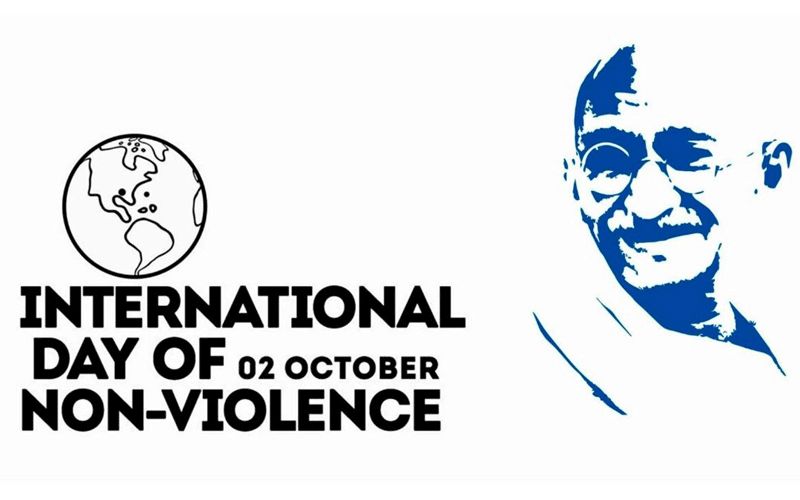Tombura-Yambio, 02 October, 2020 / 7:26 pm (ACI Africa).
On the occasion of the International Day of Non-Violence marked October 2, a Prelate in South Sudan has encouraged the use of positive narratives in human interactions saying “non-violent communication” enhances peaceful coexistence.
“Today on the day of non-violence, I am encouraging us to use non-violent communication and that takes us to all that we do in the way we talk. Let us use words that are actually good to enhance coexistence in our country,” Bishop Eduardo Hiiboro Kussala says in his audio recording shared with ACI Africa.
In the October 2 audio message, Bishop Hiiboro highlights various manifestations of negativity.
“There is so much violence within ourselves and the only way to get them out is to communicate them,” the Local Ordinary of South Sudan’s Tombura-Yambio Diocese says.
He continues in reference to the manifestations of violent emotions that lie within people, “We communicate them, maybe, by hitting somebody, we communicate them by airing out insults, we are communicating by using inappropriate words that do not unite, words that do not bring people together.”








